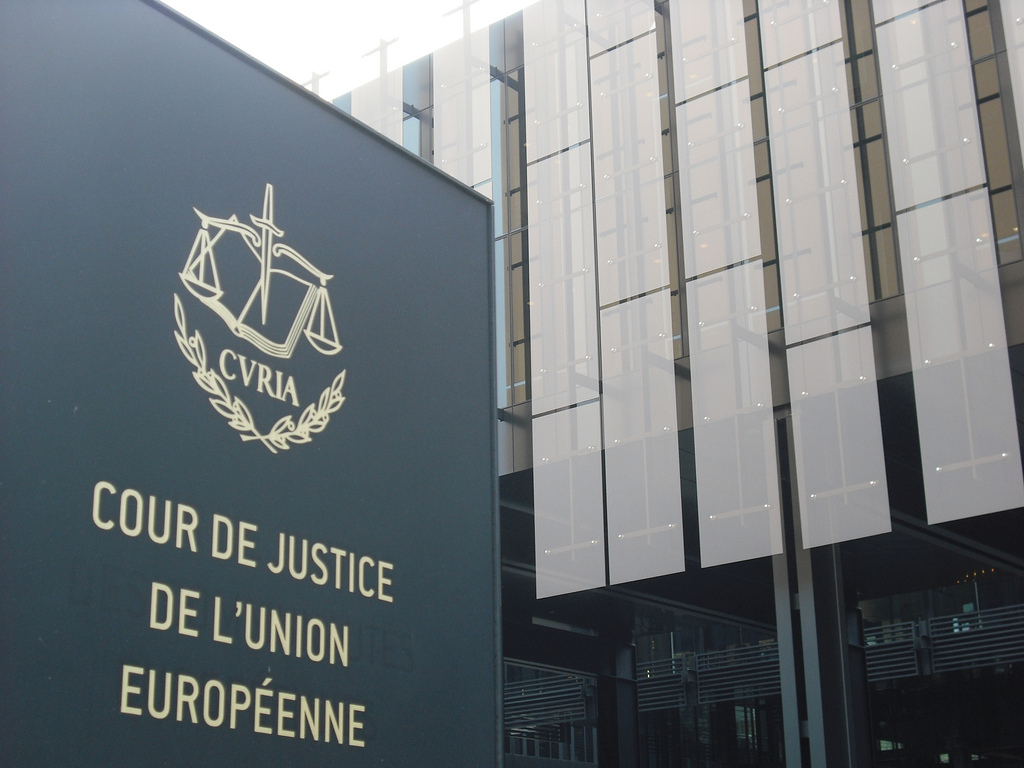
The Court of Justice of the European Union Limits Free Speech
Judith Bergman
-
"This judgment has major implications for online freedom of expression around the world.... The ruling also means that a court in one EU member state will be able to order the removal of social media posts in other countries, even if they are not considered unlawful there. This would set a dangerous precedent where the courts of one country can control what internet users in another country can see. This could be open to abuse, particularly by regimes with weak human rights records." — Thomas Hughes, executive director of ARTICLE 19, a non-profit organization that works on "protecting the right to freedom of expression around the world," October 3, 2019.
-
The judgment from the Court of Justice of the European Union... appears to give EU member states unprecedented power to determine public discourse online -- to determine what citizens can and cannot read.... [T]he prospects now look even bleaker for the future of free speech in Europe.

On October 3, the Court of Justice of the European Union (CJEU) ruled in a judgment that Facebook can be ordered by national courts of EU member states to remove defamatory material worldwide:
"EU law does not preclude a host provider such as Facebook from being ordered to remove identical and, in certain circumstances, equivalent comments previously declared to be illegal. In addition, EU law does not preclude such an injunction from producing effects worldwide, within the framework of the relevant international law which it is for Member States to take into account."
The ruling came after the Austrian politician Eva Glawischnig-Piesczek, chairman of Die Grünen (The Greens) party, sued Facebook Ireland in the Austrian courts. According to the Court of Justice of the European Union:
